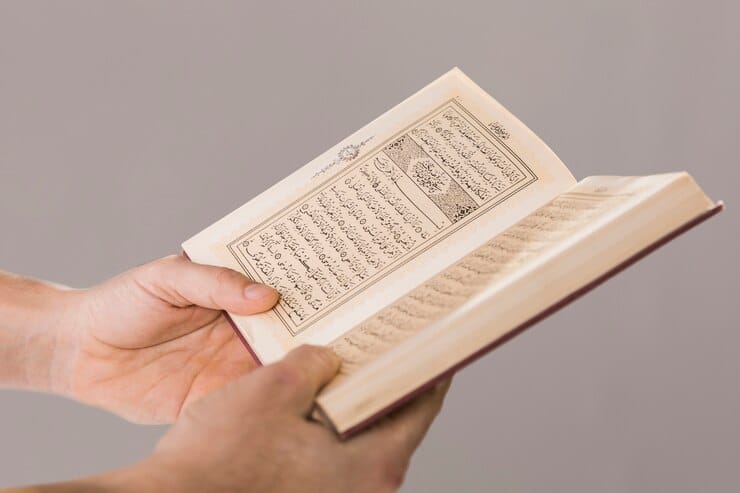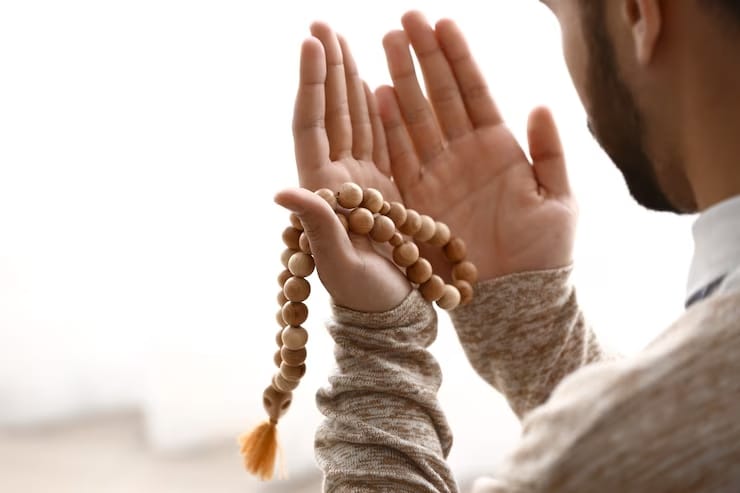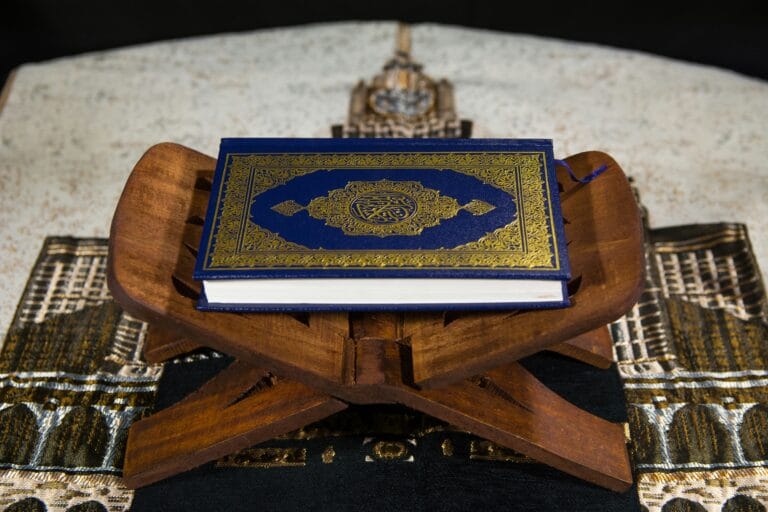The significance of Prayer (Salah) in Islam cannot be overstated; it is a foundational pillar of faith and a vital practice for every Muslim. Prayer serves as a direct link between the believer and Allah, encompassing spiritual, moral, and communal dimensions that shape a Muslim’s entire way of life.
What is Salah in Islam?
Salah (Nimaz) is the prescribed ritual worship established by Allah for Muslims. It is the second pillar of Islam, mandated five times daily at specific times. It is an essential act of submission, remembrance, and gratitude to Allah, binding the Muslim community through uniformity and devotion.
The Importance of Salah From the Quran and Hadith
1. Salah as the First Accountability on the Day of Judgment
The Prophet Muhammad (صَلَّ اللهُ عَلَيْهِ وَسَلَّم) said:
“On the Day of Resurrection, the first thing for which a person will be held accountable is their prayer. If it is found to be complete, then the rest of their deeds will also be correct. But if it is lacking, then all their other deeds will be flawed.”
(Narrated by Hazrat Anas, R.A)
This demonstrates that Salah is the foundation of a Muslim’s righteousness and the measure of overall spirituality.
2. Salah: The Key to Paradise and Spiritual Comfort
Another Hadith from Sahih Muslim states:
“The key to Paradise is Salah, and the key to Salah is purity (Taharah). Whoever abandons Salah has essentially abandoned their religion.”
The Prophet further described Salah as:
- The way of salvation.
- The cooling of the eyes of the beloved.
These expressions highlight its role as a source of spiritual tranquility and ultimate success.
Salah: A Universal and Flexible Obligation
- Mandatory for every Muslim: No age, status, or health condition excuses one from prayer.
- Adaptability: Those unable to pray standing may pray sitting or lying down; if unable to speak, prayer can be expressed through gestures.
- Practice of All Prophets: Salah has been a core ritual since the time of the prophets, such as Hazrat Adam (A.S) and Hazrat Yunus (A.S), underscoring its timeless significance.
The Story of the Five Daily Prayers
On the miraculous night of Isra and Mi’raj, the Prophet Muhammad (صَلَّ اللهُ عَلَيْهِ وَسَلَّم) was initially commanded to perform 50 prayers daily. Upon the advice of Hazrat Musa (A.S), this was reduced to five, and Allah promised the reward of 50 prayers for these five. This event illustrates Allah’s mercy and the special status given to Salah.
Salah: The First Act After Faith
Once the Prophet (صَلَّ اللهُ عَلَيْهِ وَسَلَّم) received revelation, establishing Salah was among the first commandments. The earliest Muslims, including Hazrat Khadijah (R.A) and Hazrat Ali (R.A), embraced Salah promptly, demonstrating its importance right after affirming faith.
Salah is obligatory (fard) on every mature and sane Muslim. The Bahar-e-Shariat stresses:
“Whoever leaves Salah, even for a single time, is a transgressor and a serious sinner.”
Spiritual and Practical Benefits of Salah
- Spiritual Peace: Salah offers a moment to detach from worldly stress and find tranquility in Allah’s remembrance.
- Discipline and Structure: It organizes the day around spiritual priorities, fostering mindfulness and time management.
- Purification: Salah requires wudu (ablution) and promotes physical cleanliness, which parallels inner spiritual purity and mindfulness.
The Role of Prayer
The Role of Congregational Prayer (Jama’ah):
Praying in congregation holds greater reward as it fosters unity, brotherhood, and mutual support within the Muslim community.
The Impact of Salah on Mental Health:
Modern studies align with Islamic teachings, showing that regular prayer reduces stress, anxiety, and depression by promoting mindfulness and calmness.
Encouragements and Tips to Maintain Consistency:
- Set prayer reminders and use Quranic verses about Salah as motivation.
- Understand the meanings and supplications to create a heartfelt connection.
- Recognize Salah as a gift and privilege to communicate with the Creator.
FAQs About Salah
Q1: Why is Salah considered the most important act of worship in Islam?
Salah is the first act for which a person will be held accountable on the Day of Judgment and is the foundation of all good deeds.
Q2: How many times is Salah performed daily and why?
Salah is performed five times daily as prescribed during the Isra and Mi’raj, combining spirituality with routine to maintain constant connection to Allah.
Q3: Can a sick or disabled person perform Salah?
Yes, Islam offers flexibility — if unable to pray standing, one may pray sitting or lying down, and gestures can be used if one cannot speak.
Q4: What is the spiritual benefit of performing Salah regularly?
Regular prayer brings inner peace, strengthens faith, and acts as a means of constant remembrance and purification.
Q5: How did the five daily prayers become established in Islam?
They were ordained during the Prophet’s ascension (Miraj), initially 50 prayers were commanded but were reduced to five with equal reward.






